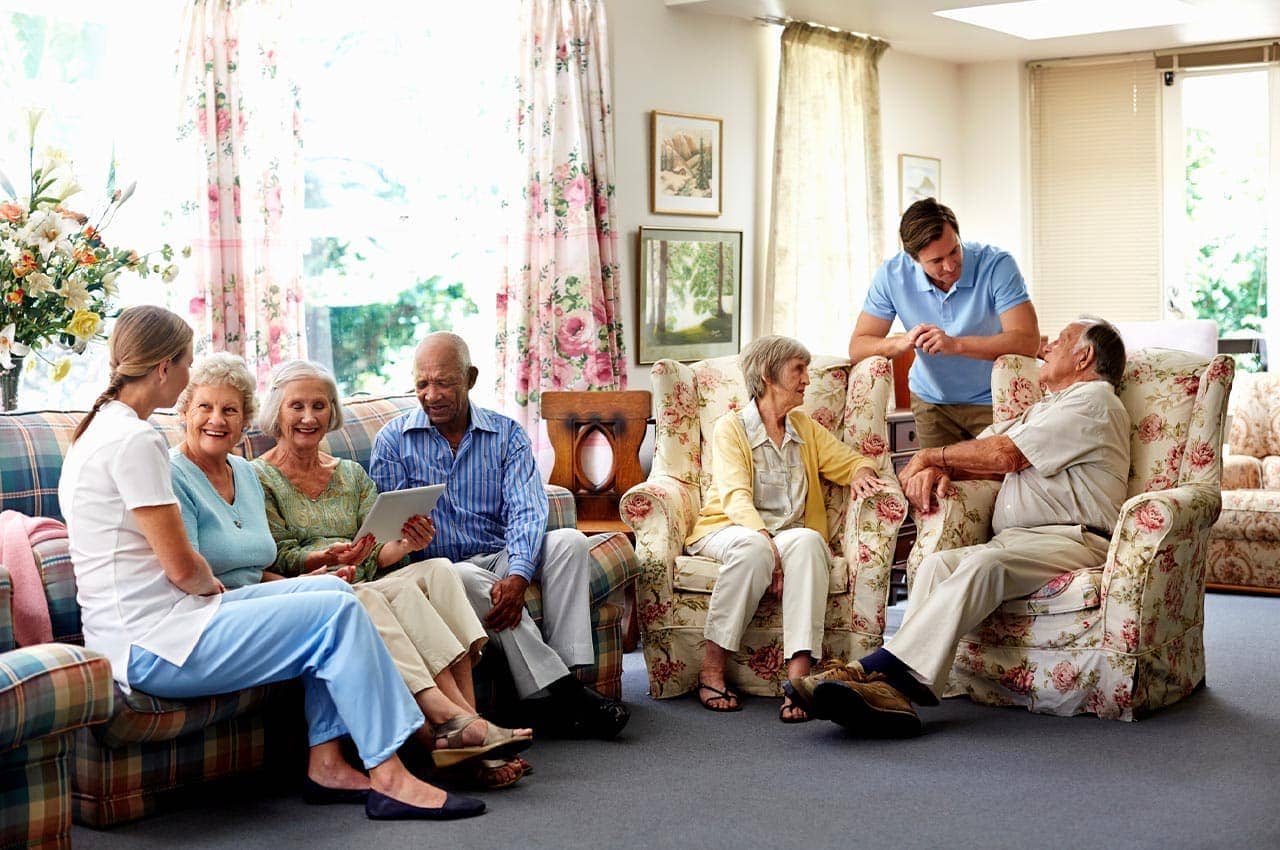Businesses in the care sector have extra responsibilities when it comes to providing the right care, not just for their clients, but for their people and staff too. That’s why for businesses like care homes and other social care providers, getting the right business insurance in place is crucial for ensuring continuity if something goes wrong.
The turbulent times faced by care businesses over the past couple of years has made things harder than ever before and that’s why alongside their insurers, care businesses are having to navigate new and very real challenges which can mean the impact of an uninsured event is amplified significantly across the business.
Specialist care home insurance providers such as Markel are investing in researching the new challenges faced by the care sector to better understand the risks presented to business owners. This insightful report delves into the details of some recent findings by Markel which help insurers better understand how and why the challenges faced by the care sector are shifting so much.


















